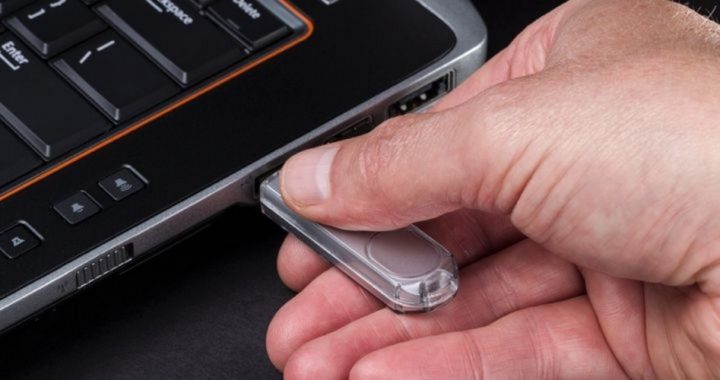
Recently released e-mails show that Hillary Clinton’s decision to use her own e-mail server directly threatened national security. During a period of multiple weeks in 2010, technical problems with Clinton’s server — and her unwillingness to stop using it — led to State Department IT staff disabling security features on government computer systems.
The Associated Press (AP) is reporting that Judicial Watch received the e-mails Wednesday as part of a court order after the conservative legal watchdog group sued over access to public records related to Clinton’s time as secretary of state. The e-mails show that in late 2010, Clinton’s decision to use the unsecured, private e-mail server caused problems with the State Department’s system when Clinton and Huma Abedin — who also used Clinton’s server — sent messages to anyone on the government system. Because of the lack of security in place on Clinton’s server, messages from her server to the government system were sometimes blocked by the security measures put in place to prevent hackers from penetrating those government systems.
While the easiest — and best — solution would have been for Clinton to simply use an official e-mail address hosted on government servers, Clinton demanded that IT personnel find a work-around. An e-mail dated December 17, 2010 from Ken LaVolpe, a senior official with the State Department, to IT employees, said finding that work-around “should trump all other activities.” Within days, an e-mail from Thomas W. Lawrence, another senior official at State, stressed that Huma Abedin — who at the time was deputy chief of staff — was asking for an update on the issue.
As pressure mounted, the work-around that was implemented was to temporarily disable some security features on the State Department’s system, which Lawrence warned in an e-mail was “a Band-Aid,” adding that the IT department “fear[s] it’s not 100 percent fully effective.”
In reality, such a “solution” is far from “100 percent fully effective.” It is like solving the “problem” of having to unlock your front door when your hands are full of groceries by deciding to just leave the door unlocked before you go shopping. If you do that, don’t be surprised to come home and find your flat-screen television, laptop computer, and stereo missing. The difference here, though, is that when digital theft happens, you still have your files. But so does the thief.
As the AP reported:
Clinton has repeatedly denied there is any evidence her private email server ever was breached. Her campaign did not immediately provide comment Wednesday.
Days after the technical crisis, on Jan. 9, 2011, an IT worker was forced to shut down Clinton’s server because he believed “someone was trying to hack us.” Later that day, he wrote, “We were attacked again so I shut (the server) down for a few min.” It was one of several occasions when email access to Clinton’s BlackBerry smartphone was disrupted because her private server was down, according to the documents.
So the former secretary of state who wants to be president risked national security on not only her own private, unsecured server, but also on the official State Department’s servers as well. Denying that her server was breached in the face of evidence to the contrary is par for the course for Clinton, but it does not make her denial any more credible or any more true.
Remember that the Office of Personnel Management was hacked last year, giving hackers access to the personal information of millions of Americans. And those servers, though not properly secured, at least had much more security in place than did Clinton’s personal server. Considering the evidence, it would be hard indeed to believe that her server was not breached. And rather than face the facts and give up the use of that server when it proved to be a security problem, she instead had State Department IT personnel lower the shields on official government servers so they could play nice with her security-nightmare-waiting-to-happen private server.
As the AP also reported:
In a blistering audit released last month, the State Department’s inspector general concluded that Clinton and her team ignored clear internal guidance that her email setup broke federal standards and could leave sensitive material vulnerable to hackers. Her aides twice brushed aside concerns, in one case telling technical staff “the matter was not to be discussed further,” the report said.
One can only imagine the havoc Clinton’s narcissistic selfishness will wreak on national security if she manages to avoid indictment and get elected to the White House. A Clinton 2.0 presidency would likely be a heyday for hackers — both individual and state-sponsored. What data those hackers could not get from penetrating systems under Secretary Clinton’s control, they would likely find readily accessible from systems under President Clinton’s control.




